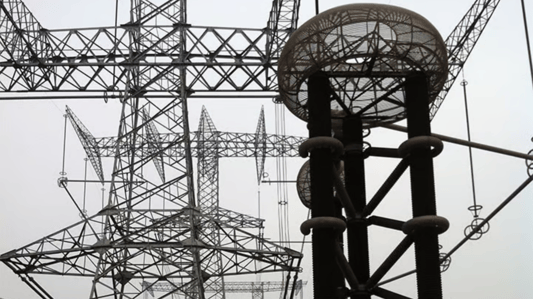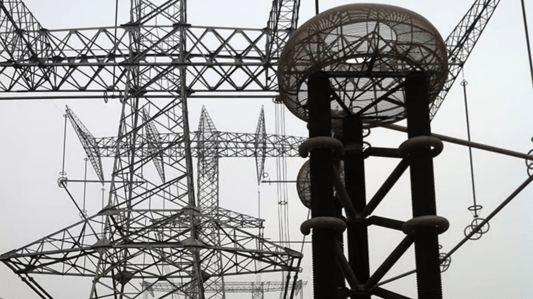What is a no contact dc voltage tester?A no contact DC voltage tester is an essential tool for electricians and DIY enthusiasts to quickly and safely detect the presence of electric current without the need to touch any wires or terminals. This non-contact method helps prevent electric shock accidents and ensures a convenient way to check for voltage in various electrical systems.How Does a No Contact DC Voltage Tester Work?No contact DC voltage testers work based on electromagnetic field detection. By simply bringing the tester close to an electrical conductor, it can detect the presence of voltage by measuring the alternating electric field produced by the conductor. This technology allows users to determine if there is voltage present without making direct contact with the wire or cable.Benefits of Using a No Contact DC Voltage TesterOne of the main benefits of using a no contact DC voltage tester is the safety it provides to users. By eliminating the need to touch live wires, the risk of electric shock is significantly reduced. Additionally, these testers are portable, easy to use, and can quickly identify the presence of voltage in various settings, making them an essential tool for electrical work.Types of No Contact DC Voltage TestersThere are several types of no contact DC voltage testers available on the market, including pen-style testers, clamp meters, and handheld detectors. Each type is designed for specific applications and voltage ranges, so it is important to choose the right tester for the job at hand. Some testers may also have additional features such as LED lights or audible alarms for added convenience.How to Use a No Contact DC Voltage TesterUsing a no contact DC voltage tester is simple and straightforward. To test for voltage, turn on the tester and hold it near the wire or terminal being checked. If voltage is detected, the tester will indicate the presence with a visual or audible signal. It is important to follow the manufacturer's instructions and safety guidelines when using a voltage tester to ensure accurate results and user protection.Applications of No Contact DC Voltage TestersNo contact DC voltage testers are commonly used in a variety of applications, including household electrical systems, industrial settings, automotive maintenance, and HVAC systems. These testers are versatile tools that can quickly identify voltage in outlets, circuit breakers, light fixtures, and other electrical components, making them indispensable for troubleshooting and maintenance tasks.Factors to Consider When Choosing a No Contact DC Voltage TesterWhen selecting a no contact DC voltage tester, there are several factors to consider, such as the voltage range, sensitivity levels, accuracy, durability, and additional features. It is important to choose a tester that meets the specific requirements of the task at hand and provides reliable results in various conditions. Reading reviews and consulting with professionals can help in making an informed decision.Importance of Regular Calibration and MaintenanceTo ensure the accuracy and reliability of a no contact DC voltage tester, it is essential to perform regular calibration and maintenance checks. Calibration helps to maintain the tester's accuracy over time, while proper maintenance, such as battery replacement and storage in a safe environment, can extend the lifespan of the tool. Regular calibration and maintenance are crucial for optimal performance and safety.Safety Tips When Using a No Contact DC Voltage TesterWhile using a no contact DC voltage tester, it is important to follow safety precautions to prevent accidents and ensure personal safety. Always wear appropriate safety gear such as gloves and goggles, keep the tester away from moisture and extreme temperatures, and never use a damaged or malfunctioning tester. Practice caution and attentiveness when working with electrical systems to avoid potential hazards.ConclusionNo contact DC voltage testers are essential tools for anyone working with electricity to detect the presence of voltage quickly and safely. By understanding how these testers work, their benefits, applications, and proper usage, users can effectively troubleshoot electrical issues, perform maintenance tasks, and ensure overall safety in various settings. Investing in a reliable and accurate voltage tester is a smart choice for professionals and DIY enthusiasts alike.Quote InquiryContact us!










